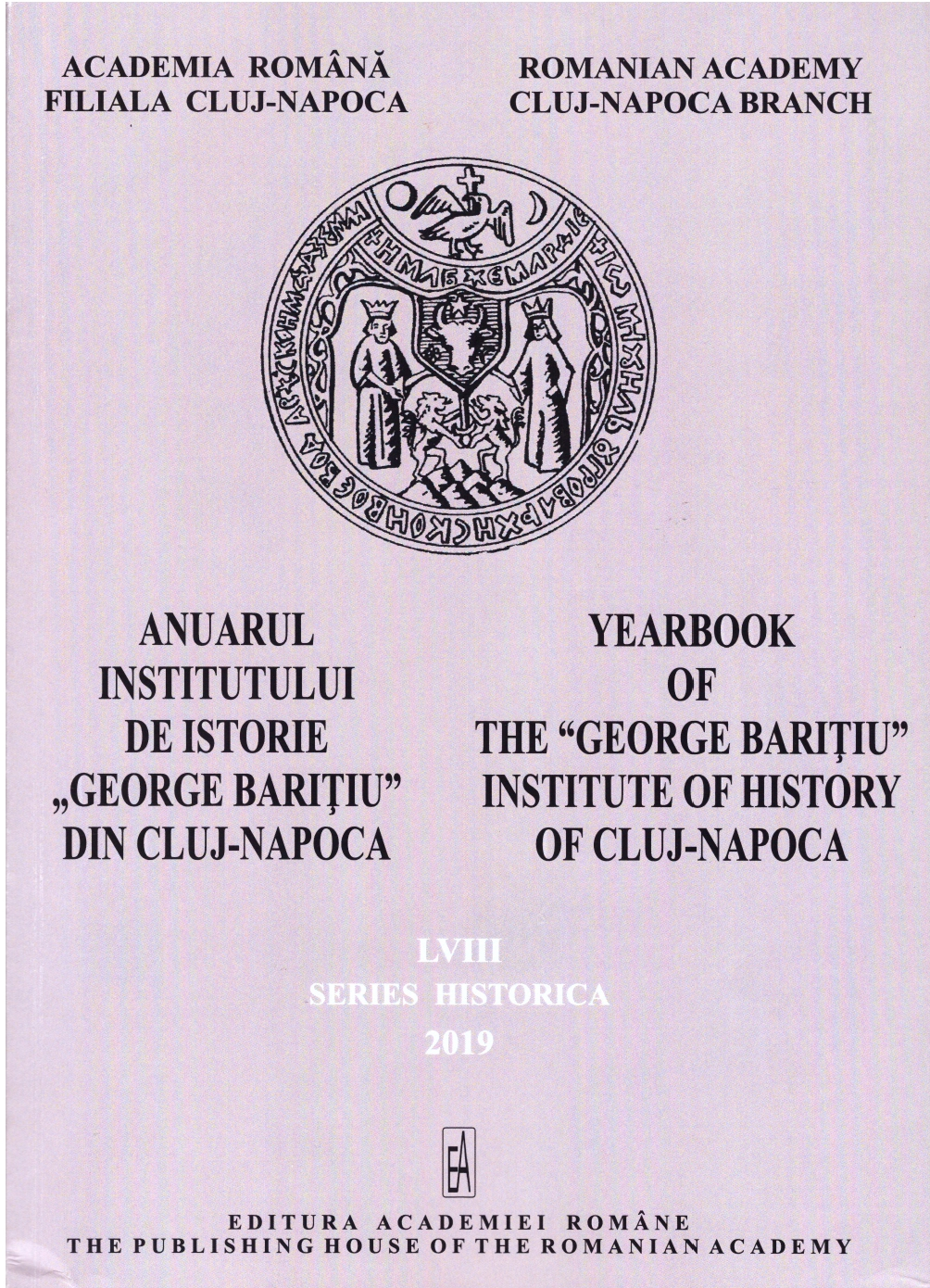Exercițiul scrierii și cancelaria voievodală din Transilvania (sec. XIII–XIV)
Writting Praxis and the Chancellery of the Voivodship of Transylvania (13 th –14 th Centuries)
Author(s): Susana AndeaSubject(s): Cultural history, 13th to 14th Centuries
Published by: Editura Academiei Române
Keywords: Transylvania; voivode; voivodal chancellery; documents; writing;
Summary/Abstract: The praxis of writing in the voivodeship’s chancellery is rooted in the 13th century, with diverse and enlarged applications in the 14th century. Even though the term “voivodal chancellery” may seem improper for the period under scrutiny, the various types of acts as well as a certain continuity in the observance of their editing rules leads us to consider the existence of a trained staff. This trained personnel, originating from the entourage of the acting voivode’s or, on the contrary, externally, is not as much relevant as their education and literacy. Certainly, the writers of the documents issued in the name of the voivode or vice-vice-voivode were aware of the rules of practice involved in the preparation of documents issued by the royal chancellery. The reign of King Carol I (1342), followed by King Louis III the Great (1342) and the enthronement of Sigismund of Luxembourg (1387) have brought about some noticeable changes in the internal procedure of documents, that echoed in the acts issued by the voivode’s chancellery. The Transylvanian voivodship’s chancellery was a miniaturized version of the royal chancellery, and issued almost all types of documents (charters, open letters, closed letters). The voivode’s assignments, who acted as king’s representative in the territory, are illustrated by the issued records – at the same time are revealed the confines of his power, or even the tendency to overcome them at certain times.
Journal: Anuarul Institutului de Istorie »George Bariţiu« - Series HISTORICA
- Issue Year: LVIII/2019
- Issue No: 58
- Page Range: 17-29
- Page Count: 13
- Language: Romanian

